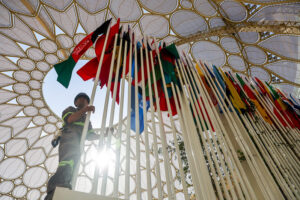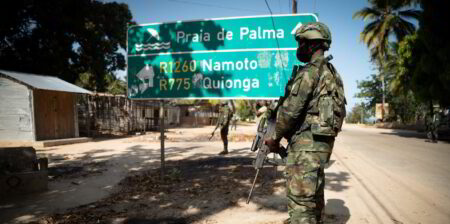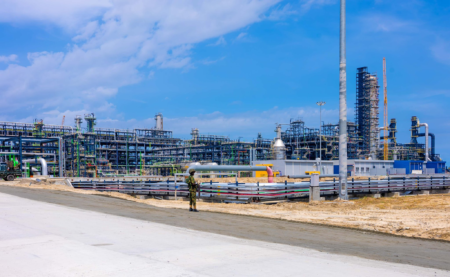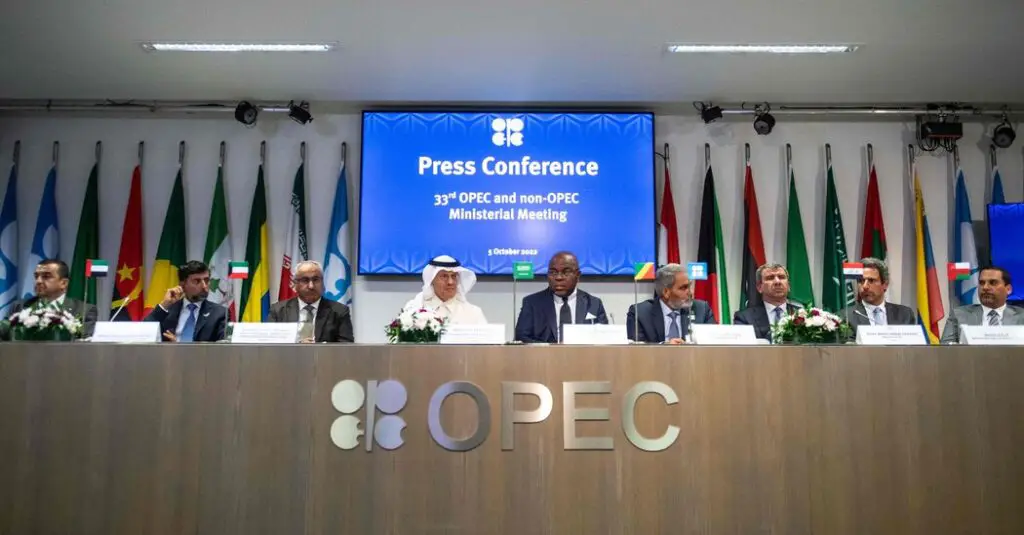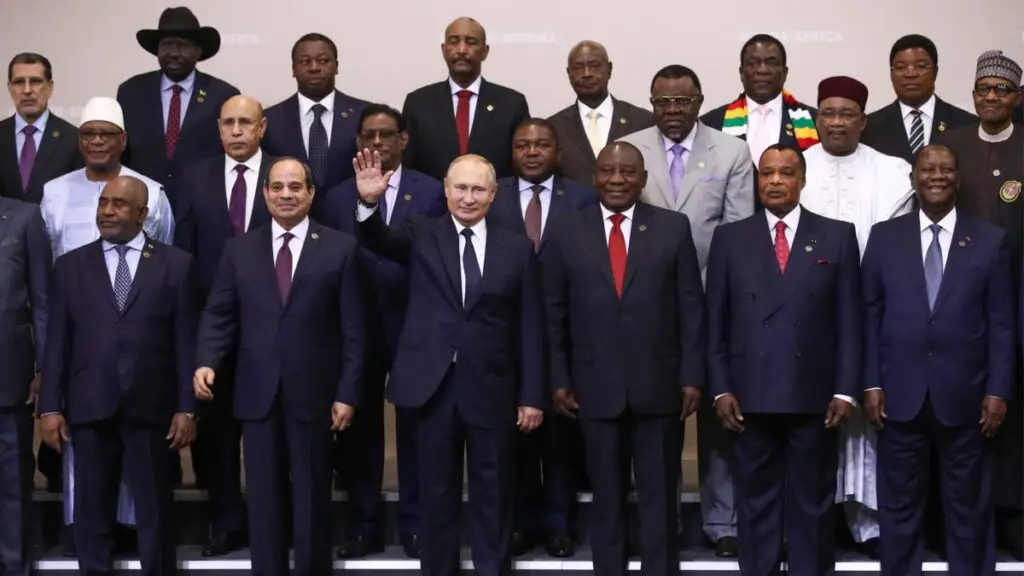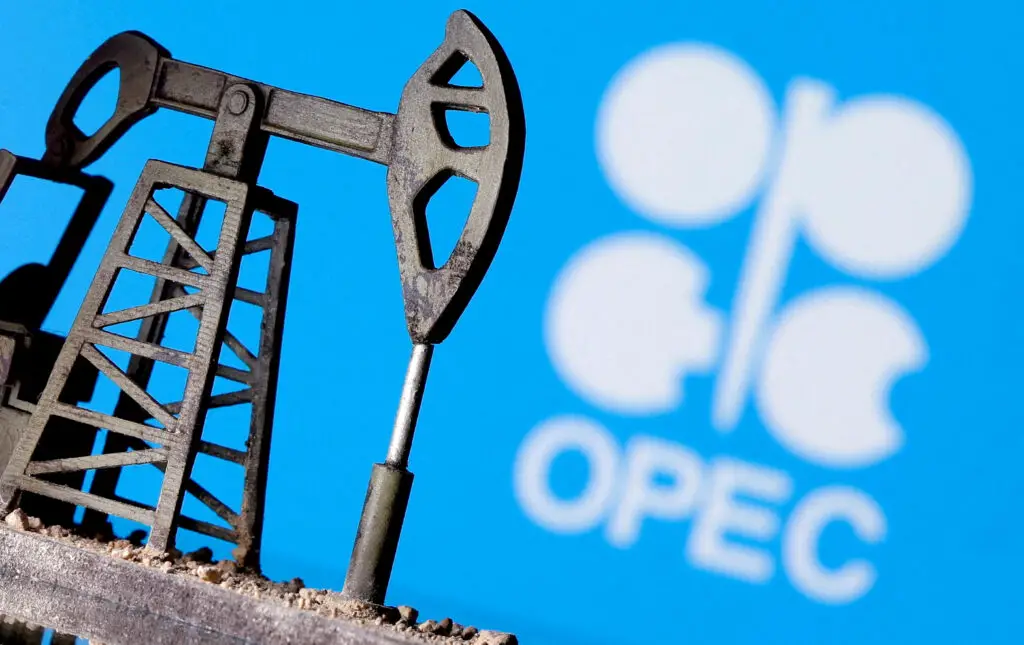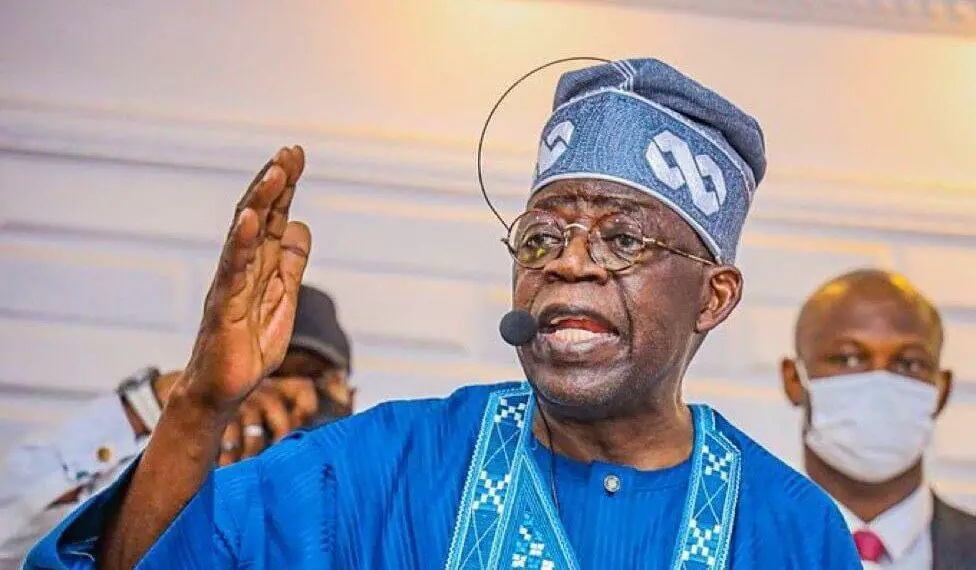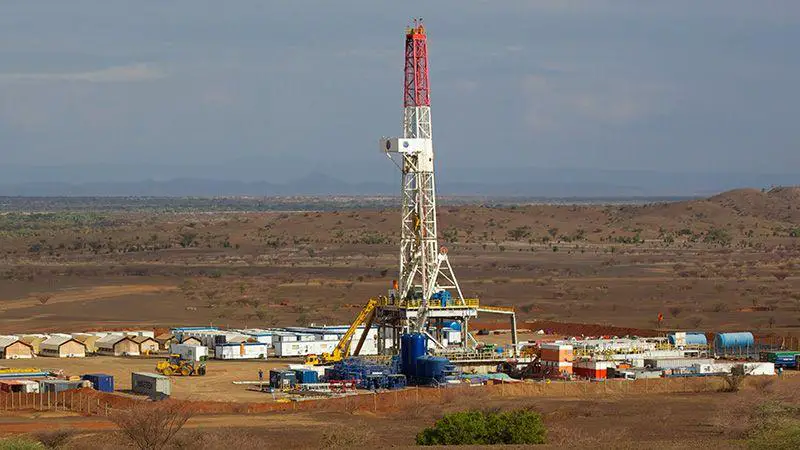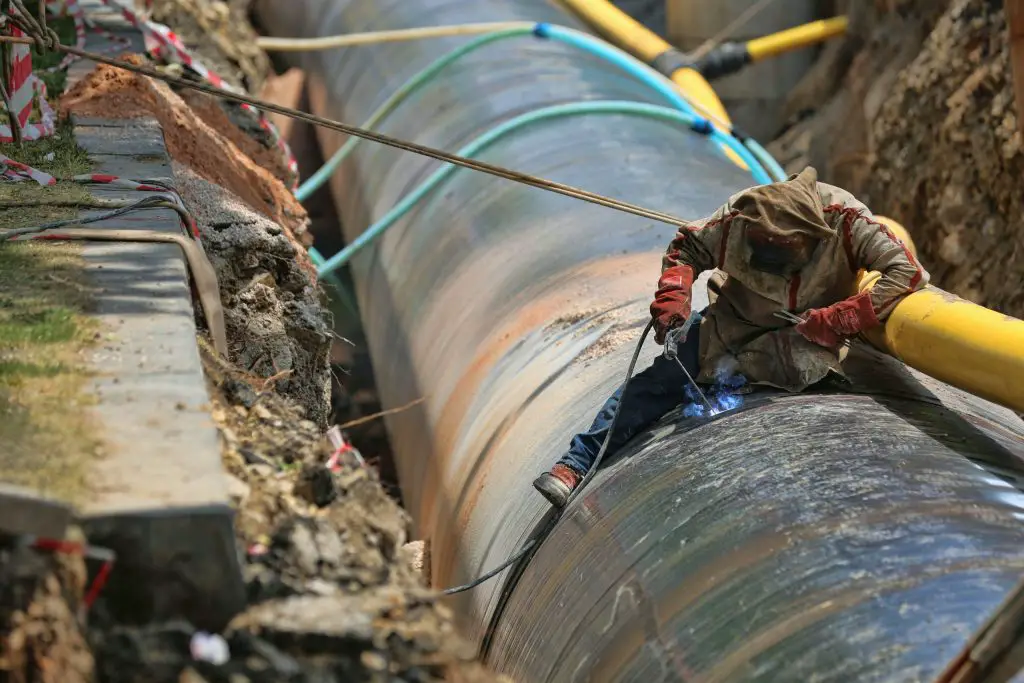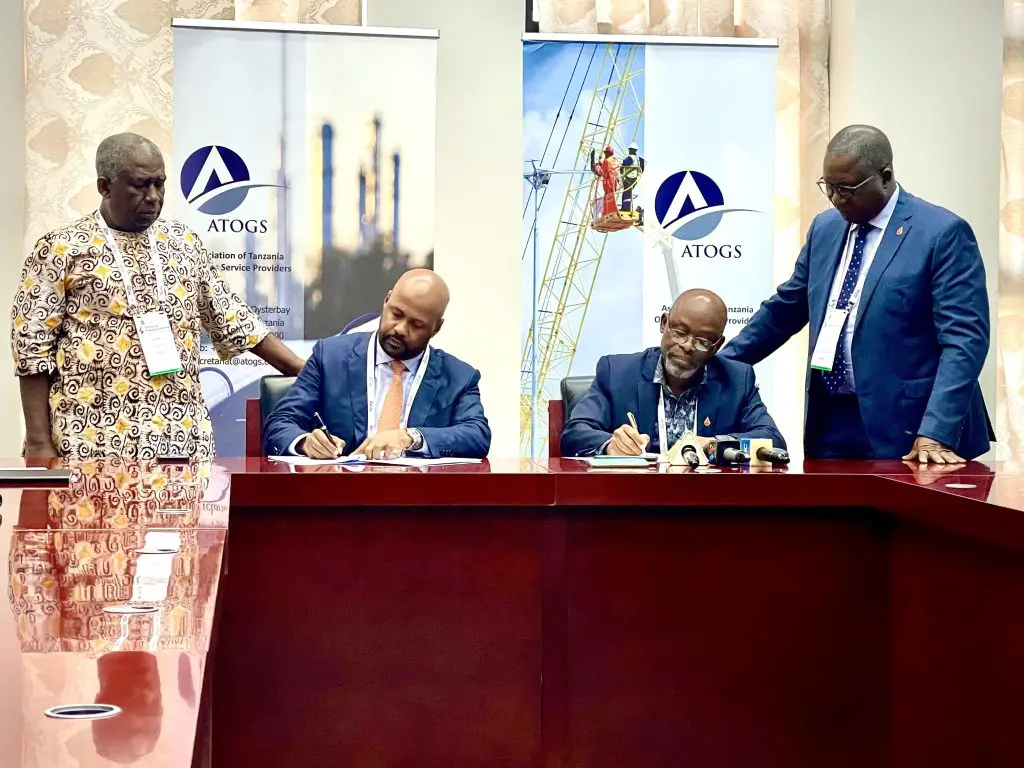- 1.5°C future on the line: Why nations must cut emissions now or lose target
- IMF Growth Forecasts: BRICS to Lead the World in the Next 5 Years
- Vantage Capital seals exit from PickAlbatros Hotels after $18.4M pandemic boost
- Madica backs Earthbond in bold pre-seed bet on sustainable solutions
- Venture capital and debt drive growth in Kenya’s agri-tech sector
- Sustainability Week Africa: Pioneering change amidst climate challenges
- Refugee Crisis in Chad as War and Hunger in Sudan Drive Thousands Across Border
- Senegal 2050: A Blueprint for Economic Transformation
Browsing: Oil and Gas
- Several gas finds in East Africa dating decades have suffered long delays from the time they were “found”.
- Lengthy negotiations and insecurity have marred the projects, delaying a final investment decision on their development.
- Mozambique is already fighting Islamic insurgents in its gas-rich northern province, Cabo Delgado.
Economies across East Africa are losing billions of dollars in revenue every year because of key gas project delays in approving and developing liquefied natural gas investments, an analysis by The Exchange Africa reveals.
Several gas discoveries in East Africa dating decades, which were expected to power the region's natural gas industry have suffered long delays from the time they were “found”. Lengthy negotiations, and insecurity have marred the projects, delaying a final investment decision (FID) on their development.
Mozambique's gas finds
Take Mozambique, a regional economy of $41 billion GDP, for example. Mozambique reported huge gas finds in the 2010s. Industry…
The Nigerian government has taken various steps to address the persistent fuel shortages, including rehabilitating the country’s refineries, the establishment of new refineries, and promoting private sector investment in the downstream sector. However, progress has been slow, and the problem persists. However, the Dangote oil refinery’s boost to Nigeria’s oil refining capacity should help the government in its quest to address the persistent fuel shortages and end the energy sector crisis.…
African countries will be largely impacted by the decision by the global cartel of oil producing countries to cut oil production given that only 14 out of 54 countries in Sub-Sahara Africa produce oil, which accounts for the lion’s share of their annual export earnings.
Many African countries have to import refined oil and rely on oil products in power generation. A hike in oil prices will boost economies of oil producing countries, by gaining foreign exchange earnings to carry out development projects such as Nigeria, Angola, Gabon, Libya, Cameroon, and Congo among others.
Consequently, this will create more job opportunities and greatly aid in poverty alleviation. In addition, the revenues could be redirected to other sectors that make significant contributions to the respective economies. By example, in countries like Cameroon, Gabon and Congo, internet infrastructure and technology could largely benefit from re-investing.…
[elementor-template id="94265"]
The crisis has thrown the energy market into chaos, sending fossil fuel prices soaring. This has birthed the global demand for thermal coal, especially from the Asian and European markets; with most countries in both regions having been dependent of Russia, as the country is the world’s third largest supplier of thermal coal used chiefly for power generation. Coal plants that had been scheduled for closure in Europe have been reopened, to fill the deficit in mitigating fuel costs and generating electricity; as the alternative gas, is inarguably more expensive. With energy security under threat, climate policies and commitments have taken a back seat. The EU recently declared that natural gas now qualifies for green investments.
The African coal market is projected to enjoy double its revenue for the next one year. The prevailing energy gap has created a window of opportunity for African coal producing nations. According to a…
African governments must consider strategies to optimise the effective use of imported oil. The optimisation will reduce net oil import proportions to minimise expenses. More generally, African nations must explore these strategies to minimise their reliance on oil as their only energy source.
Reducing oil consumption by shifting to renewable resources represents a long-term or short-term solution. In contrast, if Africa is to benefit or gain from the imminent possibility of an increase in oil prices, these few oil-producing nations must expand their crude oil production and refinery capacity.…
[elementor-template id="94265"]
Nigerian presidential contenders must confront persistent insecurity, chronic unemployment, and a deteriorating economic outlook. Bola Tinubu outlined his vision before the Nigeria elections in 2023 in an 80-page paper released by President Muhammadu Buhari at a lavish ceremony on October 21, 2022.…
Kenya first announced the discovery of oil in Block 10BB and 13T in Turkana in March 2012.
This became a beacon of hope for the nation, to massively spur economic growth through the so-called ‘petro-dollars’. Currently, Tullow is the project operator and has a 50 per cent stake, while Africa Oil Corp and Total Energies hold 25 per cent each. However, the country is yet to fully commercialize crude oil production. Hitherto, Kenya’s petrodollar dream has only experienced delays and missed deadlines. The project stalled as the companies’ focus was on mitigating debt and finalizing its development programme.
The major road block has been a lack of sufficient working capital, which has led to a scale back in activities to minimize capital investment, until both a strategic partner and the Final Development Plan (FDP) are approved. Since the start of the year, the firm has been engaged in discussions with…
What is good for the goose must also be good for the gander. However, the EU commission has commissioned the Baltic pipe project, somewhat similar to the EACOP. The Baltic Pipe project was inaugurated on September 27, 2022, at an opening ceremony in Goleniów, Poland.…
There is still plenty to accomplish. Even after a year, the PIA is still in a transitional period, with committees deliberating its practical implications. One seasoned Nigerian expert questioned how much the NNPC would change due to its transition into a limited liability corporation. Still, post-PIA data suggests that Nigeria’s oil and gas industry may be moving in the right direction.…
The second issue the MoU covers is building capacity on health and safety standards, which is another key disqualifier marked on local companies when competing with global actors in the oil and gas market.
Further, the MoU brings onboard knowledge to help the local technocrats, upcoming companies, and experts submit and succeed at various tenders offered on the international markets. In most cases, local companies have lost tender bids to experienced foreign companies.
“We need the local players to understand deeply about these oil and gas related tenders and deliver within the internationally recognized standards”, He added.
The ATOGS chief didn’t hold back his grand ambition to transform Tanzania’s business operations for the greater good, highlighting Nigeria’s success story.…
